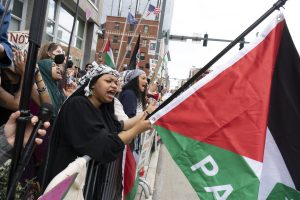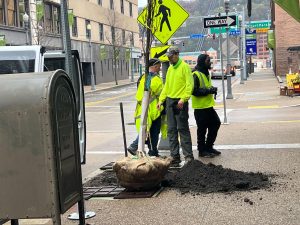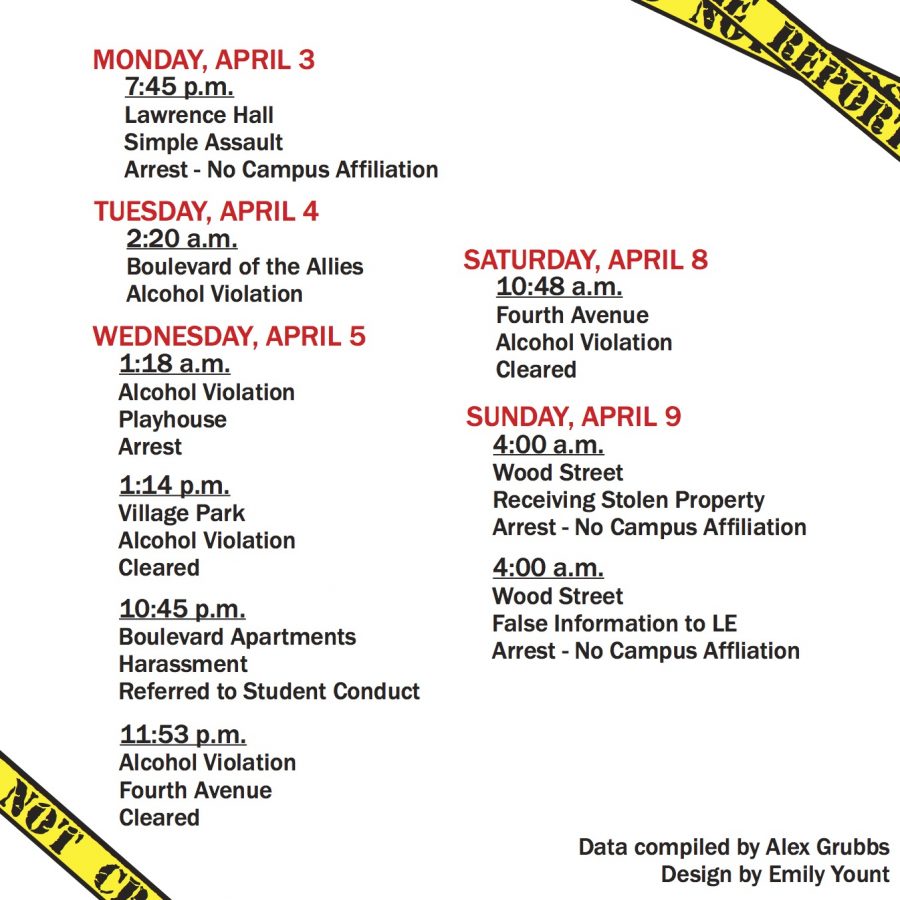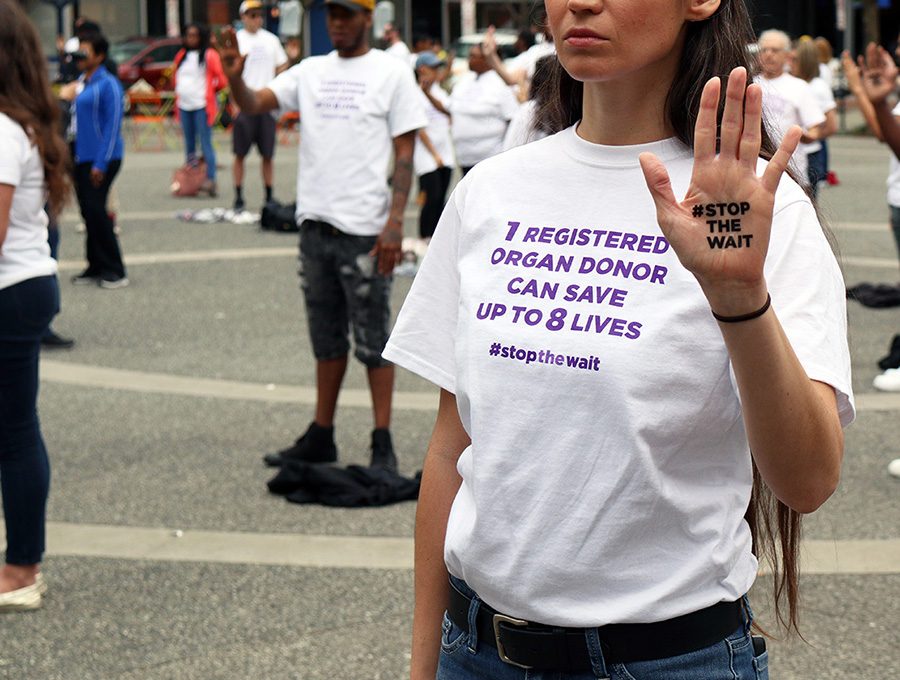Arab populations in Northern Africa and the Middle East have been in a state of revolt for weeks leading to the ousting of two dictatorial leaders in Tunisia and Egypt, giving steadfast hope to many countries continuing the revolution.The uprising of riots began in Tunisia caused President Zine El Abidine Ben Ali to flee the country. The movement spread to Egypt where citizens protested in the same manner until President Hosni Mubarak resigned this month. These successful and mostly civil obedient protests began political rebellion in Algeria, Saudi Arabia, Iran, Bahrain, Iraq and Libya.The U.S. has foreign relations policies with all of these countries with Egypt receiving the most aid, second only to Israel, averaging at least $1.3 billion a year according to Professor Robert Ross. Ross, a humanities and global culture studies professor at Point Park University, says Egypt is a crucial part of the United States’ relationship with Israel and the Middle East.”[This is] the price the United States has paid to have a safe, reliable ally in Israel and the Middle East,” said Ross.There has been a fear among some Americans that if these populations continue to be organized and unrelenting in their pursuit of democracy, which Tunisians and Egyptians have clearly proven to be triumphant, what affect that will that have on the rest world.”Coming from some specific people it reflects a fear of Israel’s security,” said Ross. With Israel being a vital ally to the U.S. in the Middle East, maintaining its peace treaty with bordering Egypt is crucial for stability in the region and its neighboring countries. Though Arab nations have been marked by both religious and political revolts in the past, the Internet has played a crucial part in the recent revolutions.”Egypt and Tunisia are referred by many people as the Twitter or Facebook revolution,” said Ross. “And I think it’s undoubtedly facilitated by electronic media and social network sites, but what really matters more than Facebook and Twitter is the people in the streets. That’s what undid it.””The people have picked a good time to change the presidency,” said Meshari Alkahtani, a Point Park student from Saudi Arabia. “The [Egyptian]president is rich and doesn’t share any of it with the people.””They got the right method to change it, they didn’t go home. They slept in the streets,” said Alkahtani about the protestors in the Middle East.The people’s unwillingness to give in without results can be seen as defying the odds, especially since majority of the countries have been ruled by the same regimes for decades. The formation of new governments and whether democratic rule will truly succeed is what will be tested in the coming weeks as spectators around the globe await the results.”The problem they’re going to have the most is that they’ve never had a democracy,” said Michael Potoczny, the United Student Government president at Point Park. “It’s going to be a hard transition because nobody knows what that’s like, and when they experience it, who knows what’s going to happen with them.””Who knows if democracy with capitalism will work there?” said Potoczny, a junior history major.Tunisia will be the first country to try democratic elections in July 2011, followed by Egypt in September 2011. Conditions in Algeria, Bahrain and Libya, particularly, are deteriorating by the moment. President Obama condemned the actions of Libyan President Moammar Qadahfi, who is refusing to release power and attacking his own people with airstrikes and gun battles. As the riots continue the fight for freedom and human rights persists, and the world can only wait to see what happens next.
April 19‘Burgh Bites: Subway








